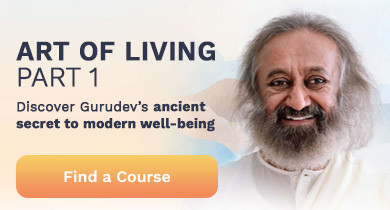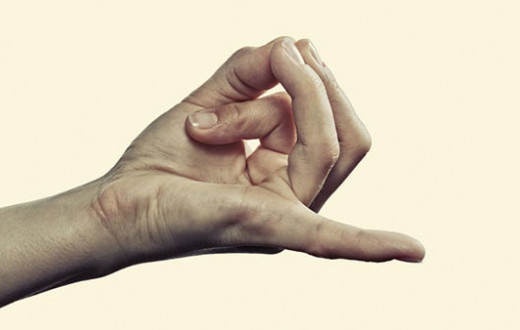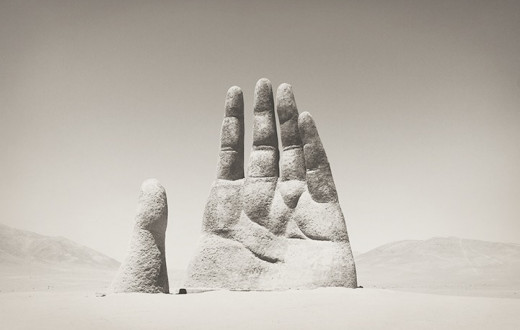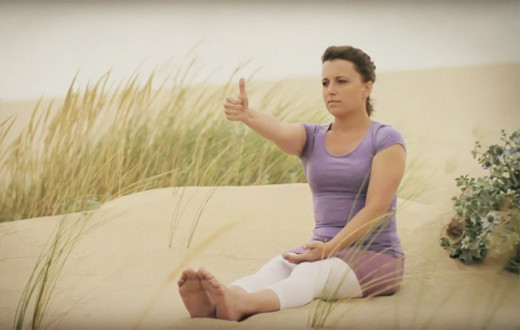Patanjali Yoga Sutras - Knowledge Sheet 9
Contd. from knowledge sheet 8
Is practice alone enough? Patanjali says “No”. There are two oxen, which pull a cart. The two wheels of this cart are abhyasa (practice) on one side and vairagya (dispassion) on the other.
What is vairagya?
Drishtanu shravikavishaya vitrush’asya vashikara sanjna vairagyam
Dispassion is that state of supremacy of consciousness in the one free from the thirst of the perceptible and celestial enjoyment.
- Patanjali Yoga Sutra #15
The mind gallops towards the world of passion. You just keep quiet, close your eyes or open your eyes or do anything. Where does your mind go? It travels towards the sense of sight. You want to see something somewhere.
Or the mind runs towards the sense of smell, taste, sound and touch. Do you see that? Or it gallops towards something it has heard. It has never seen but it has read some thoughts. This craving for any of these experiences in the mind can stop you from being in the present moment.
Vairagya is that, when, for a few moments, however beautiful a scenery is, you say: “I am not interested at looking at it right now”. However good the food is, you say, “This is not the time. I am not interested in it”.
Even a few moments of retrieving our senses, the craving or thirst for objects and going back to the Source is vairagya. Are you getting this? This is another basic requirement for meditation. Whenever you want to meditate, your mind should be in dispassion. Without dispassion, your meditation is no good and cannot provide the rest that you are longing for.
Your mind is tired and bogged down by galloping through desires
It is so tired. Just turn back and see all the desires you have had. Have they given you rest? No. They have only created a few more desires and the few more desires, which come, have they given you rest? No. They have given you more, for you to achieve more and have another trip on the merry-go-round. You are not just here, you just go round. You know, the merry-go-round has horses, which do not go anywhere. They just go round in the same place.
Stuck in this illusion, you travel miles and miles but go nowhere. This is what desire does to you.
There are two types of arguments even in this. “The sage has said that you should not have desires; so I will not desire anything” is one argument. Now, saying “I do not want any desire” becomes another desire. Some people do this and that is beating around the bush. Some people are on a trip to destroy their desires.
<< Honoring the practice If you have whatever you wanted, then are you happy? >>
(This is part of a series of knowledge sheets based on Gurudev Sri Sri Ravi Shankar's commentaries on Patanjali Yoga Sutras.)





























